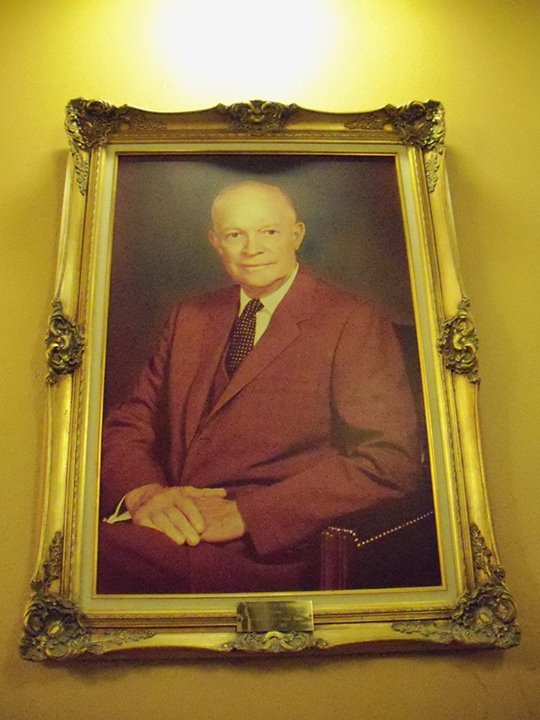
Wednesday, 4 November 2015
But I beg you that when I am present I may not be bold with that confidence by which I intend to be bold against some, who think of us as if we walked according to the flesh. 2 Corinthians 10:2
Paul just noted that his attitude and demeanor is considered “lowly” when he is present, but “bold” when he is not. In this, the assumption was made that when he came again, he wouldn’t be bold when it was necessary. Now, to correct that deficient assumption, he shows that he can be bold when necessary. The implication is that he has restrained from being so in the past, but the future may be different. This is evidenced by the word “but.”
Contrary to their perceptions, Paul begs for them to consider his authority and his ability to exercise that authority. He does this by saying, “…that when I am present I may not be bold with that confidence by which I intend to be bold against some.” There is an obvious tension between Paul and some in the congregation. He has restrained from calling them out, but should they continue with their negative attitude towards him, he fully intends to highlight it and bring his authority against it.
And the cause for the tension is that those he is referring to “think of us as if we walked according to the flesh.” Albert Barnes notes that –
“They suppose this; or, they accuse me of it. By the word “us” here Paul means himself, though it is possible also that he speaks in the name of his fellow apostles and laborers who were associated with him, and the objections may have referred to all who acted with him.”
Whether this is only Paul who is being accused of this, or whether it is he and his associates, some were saying that he or they “walk” according to the flesh. The word “walk” is an idiom for one’s way of life and conduct. Therefore, they are saying that Paul (and others possibly) were not walking appropriately, but were living their lives in one way while speaking and teaching in another.
Paul will show them in the coming verses that “walking in the flesh,” which we all do while living in this fallen human body, is not the same as “warring in the flesh.” There is a distinction to be made and it will correct these troublemaker’s faulted accusations against him.
Life application: Unfortunately, even the most humble elder or pastor must at times take off the gloves and speak firmly and forcefully in order to silence those who would disturb the fellowship. Paul’s example here, along with many others in Scripture, shows that when a heavier hand is necessary, it is to be brought out and used.
Lord God, help us to walk in harmony with one another to the greatest extent possible, overlooking the faults of others. But also give us the discernment, courage, and ability to see when a stronger hand of correction is needed. When such a time arises, help us to enforce Your standards rather than caving into the wiles of those who look only to divide and cause dissension. Help us Lord to be wise in this way, holding fast to the truths of Your word above all else. Amen.




